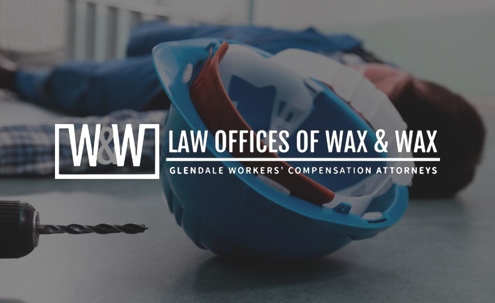Misclassified Contract Workers Gain Benefits Under New CA Law
When Governor Gavin Newsom signed AB5 into law, he made a decision that could change the game for any workers currently considered “independent contractors.” The law, building off a previous court decision, clarified the terms under which workers could be considered contractors rather than employees. With the goal of pushing companies like gig economy bigwigs Uber and Lyft to ensure that service providers were fairly compensated, AB5 states that any worker who does not pass the three-part test set forth in the Dynamex case must be classified as an employee rather than an independent contractor. The bill outlines the three conditions:
- The person is free from the control and direction of the hiring entity in connection with the performance of the work, both under the contract for the performance of the work and in fact.
- The person performs work that is outside the usual course of the hiring entity’s business.
- The person is customarily engaged in an independently established trade, occupation, or business of the same nature as that involved in the work performed.
Anyone who can answer affirmatively to all three of these conditions is an independent contractor. Otherwise, they must be classified as an employee (unless they work in a profession that has been specifically exempted from these rules). The law will take effect at the start of 2020.
The Difference Between Contractors and Employees
Because independent contractors are considered the architects of their own work schedule and commitments, those who hire them do not have to pay overtime, provide health insurance, or even ensure that their work pays minimum wage when evaluated on an hourly basis. Employees, on the other hand, must be provided:
- Wages equal to or above minimum wage
- Overtime pay
- Regular breaks
- Paid sick leave
- A safe workplace
- Workers’ compensation coverage
- The right to file complaints or workers’ comp claims without facing retaliation
AB5 also promises additional benefits, including unemployment insurance, paid leave for new parents, and employer subsidization of healthcare costs to California employees. It’s no wonder that many contractors are excited by what they stand to gain from the new bill, and companies are looking for ways to challenge the law so they don’t have to pay.
Considering Workers’ Comp as an Employee
Workers’ comp covers workplace accidents, regardless of fault, and acts as a safety net for injured employees by covering medical bills and, where needed, making up for missed wages and paying out for retraining or future medical bills in the case of permanent injury. To apply for workers’ comp, you must be able to prove that your work caused the injury or illness you need assistance for. Beyond that, it does not matter where fault lies.
Even in clear cases of workplace injury, insurers may deny claims or offer compensation that does not cover related expenses. As companies that used to rely on classifying workers as independent contractors are forced to consider the additional costs of providing workers’ comp and other benefits, they may fight back. If you’re looking for relief from workers’ comp insurance and are denied the help you need, it may be time to bring a workers’ comp expert to take on your case.
Can I Get Help for Past Job-Related Injury?
Unfortunately, though AB5 allows misclassified workers to sue employers for not following wage law, there is no such provision for workers’ comp. You will not be able to request reimbursement for injuries that occur before the law goes into effect on January 1, 2020, even if they were caused by your work. If your injury resulted in a long-term disability you may be able to seek Social Security Disability Benefits to help with the costs that you cannot bill to your employer’s workers’ comp insurance.
AB5 will bring many changes for employers and workers alike. Our team is here to answer your questions and help you bring a case against your employer’s workers’ comp should the worst happen.
Talk to a workers’ comp expert today by reaching out online or calling (818) 946-0608.

